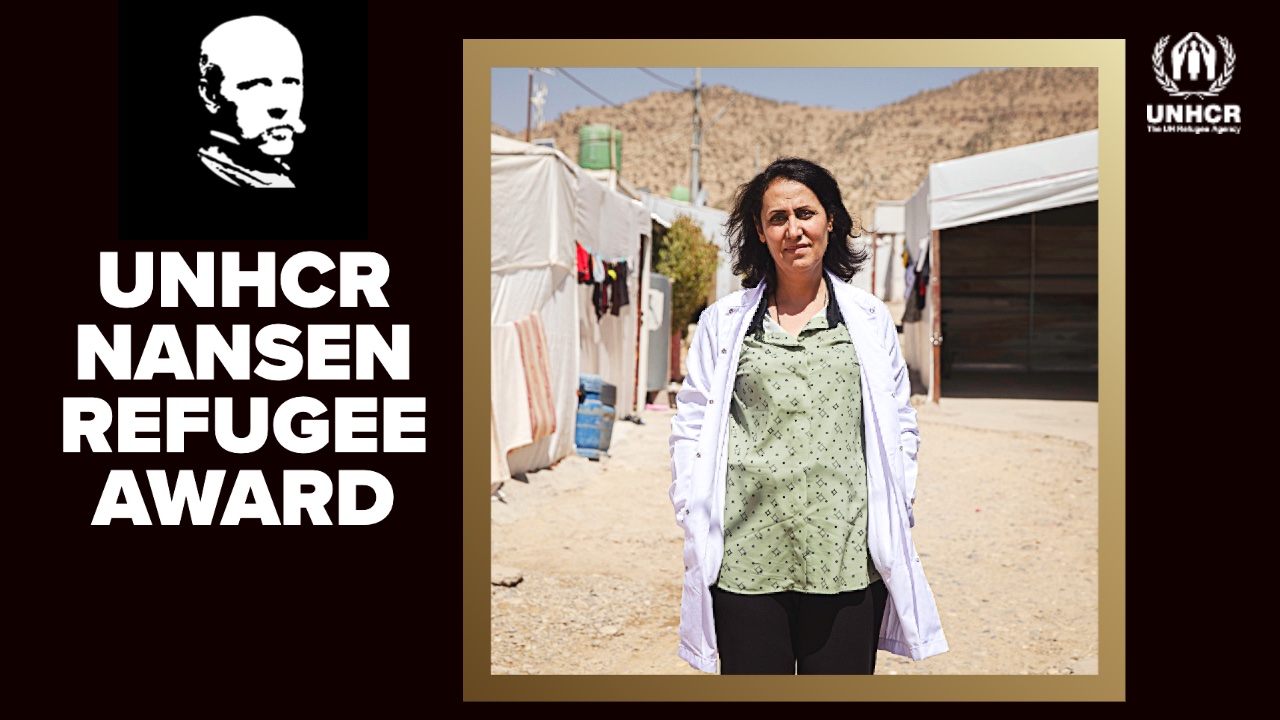UNHCR provides life-saving assistance to internally displaced Ethiopians
UNHCR provides life-saving assistance to internally displaced Ethiopians

UNHCR, the UN Refugee Agency, is ramping up its response to the urgent needs of nearly one million people displaced by recent violence in south-western Ethiopia.
Since April of this year, inter-communal clashes flared up in the border area of the Southern Nations, Nationalities, and Peoples' Region and the Oromia Region. The recent violence came on the heels of more than a year-long crippling drought and tensions over resources. Those who fled described witnessing extreme violence during village raids, including indiscriminate killing, rape, livestock slaughter and houses being burnt to the ground. Most report fleeing with nothing but their lives.
Upon request from the Ethiopian authorities, UNHCR and partners are providing life-saving assistance to the internally displaced people (IDPs) in the Gedeo and West Guji areas. Current conditions are extremely dire. Many sleep on the cold ground in public facilities, keeping warm with only the little clothing they have on them. Others live in makeshift shelters that cannot keep out the heavy rains of the season, leaving them at risk of serious health problems such as pneumonia. Families have been separated and the overcrowded conditions are leading to serious protection risks. This is particularly true for women and unaccompanied children, many of whom have suffered trauma, abuse and violence and are in urgent need of counselling.
UNHCR is initially distributing 50,000 emergency kits. These include cooking sets, sleeping mats, blankets and plastic sheets, and are provided with funding from the CERF (Central Emergency Response Fund). Priority in distributions is given to people with disabilities, pregnant women, lactating mothers, the elderly and female headed households.
UNHCR has also deployed two Emergency Response Teams to the areas to support local authorities with site management and to assist in strengthening the co-ordination of responses to protection needs.
The Government of Ethiopia and humanitarian partners have issued a joint response plan, requiring a total of US$117.7 million to scale up humanitarian response to meet these critical needs and ensure protection of the displaced.
The Ethiopian government has pledged to continue reconciliation efforts in the region while also providing the immediate emergency support to the displaced. UNHCR will work together with the authorities and humanitarian partners to meet the humanitarian needs, as well as to consult the affected population on how to support confidence-building and reconciliation efforts that would favour returns.
For more information on this topic, please contact:
- In Geneva (on mission), Dana Hughes, [email protected], +254 733 440 536
- In Ethiopia, Judit Prigge, [email protected], +251 9100 90686









